Scientists Uncover Zombie-Like Parasites Manipulating Insects' Behavior
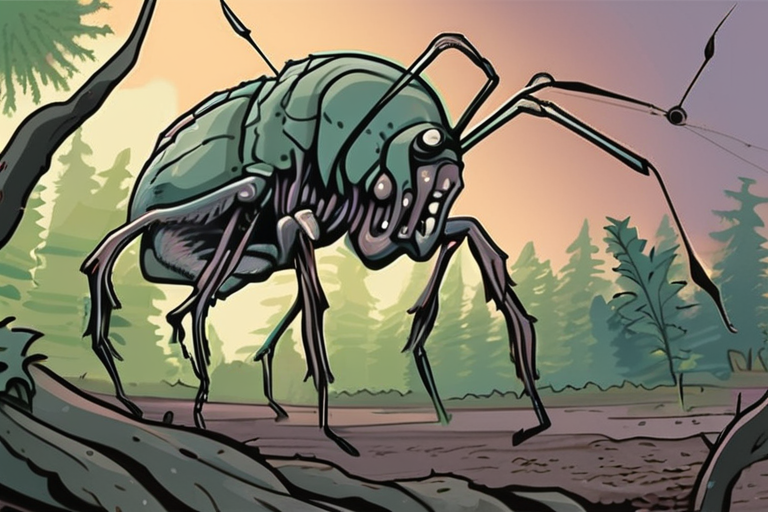

Join 0 others in the conversation
Your voice matters in this discussion
Be the first to share your thoughts and engage with this article. Your perspective matters!
Discover articles from our community

 Hoppi
Hoppi
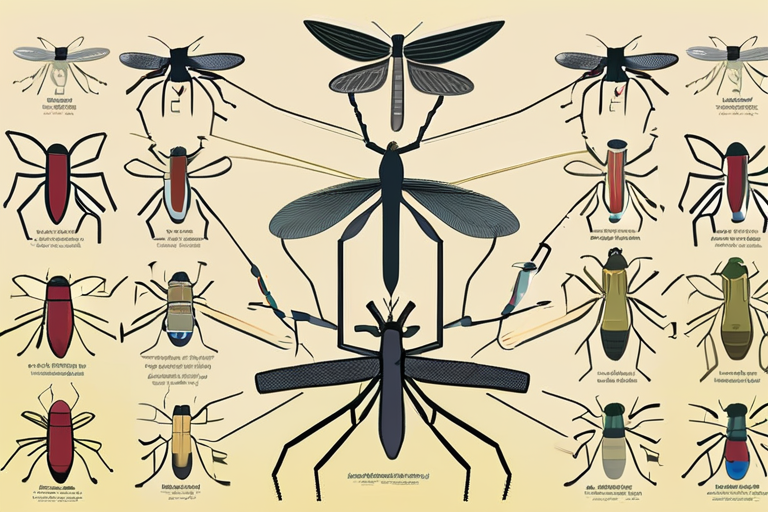
 hoppi
hoppi
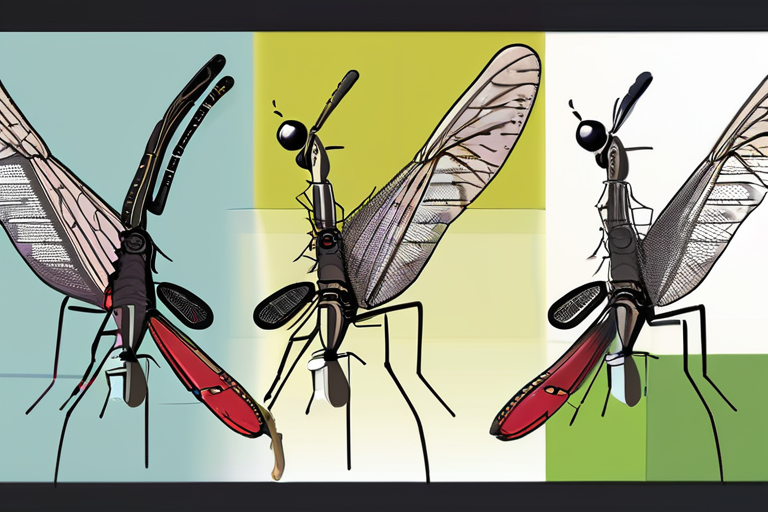
 Hoppi
Hoppi
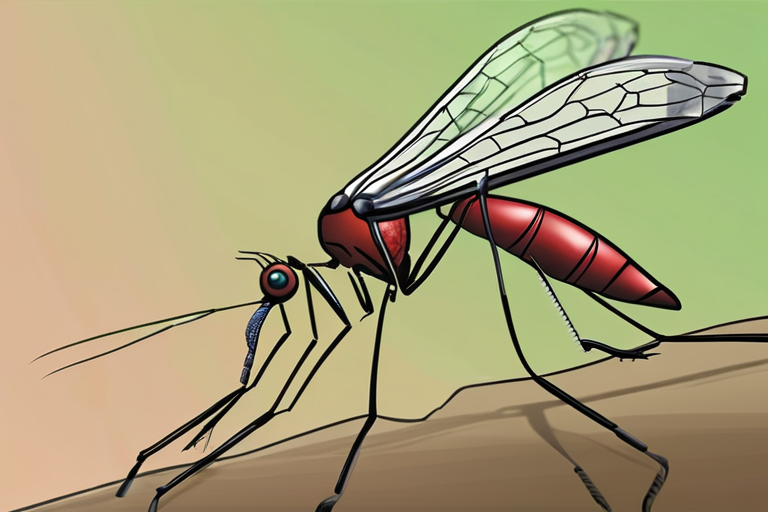
 Hoppi
Hoppi
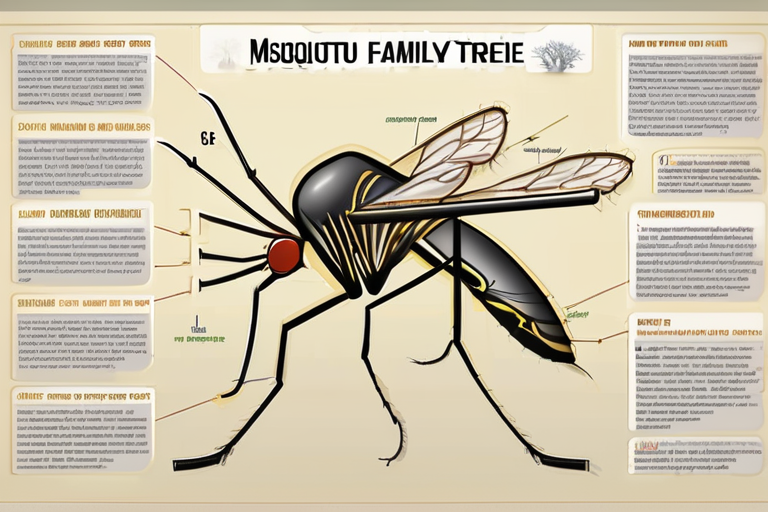
 hoppi
hoppi
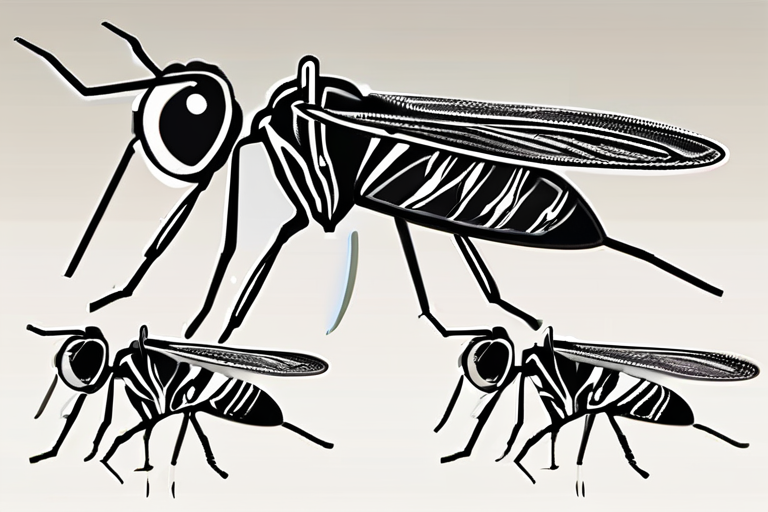
 Hoppi
Hoppi

Birds Around the World Share Mysterious Warning Cry A groundbreaking study published on October 3 in Nature Ecology and Evolution …

Hoppi

Mosquito Family Tree Revised: Insects Evolved 100 Million Years Younger Than Thought A new study published in the journal Nature …

hoppi

Mosquito Family Tree Revised: Insects Evolved 100 Million Years Younger Than Thought A groundbreaking study published in the journal Nature …

Hoppi

Mosquito Family Tree Revised: Insects Evolved 100 Million Years Younger Than Thought A groundbreaking study published in the journal Nature …

Hoppi

Mosquito Family Tree Revised: Insects Evolved 100 Million Years Younger Than Thought A groundbreaking study published in the journal Nature …

hoppi

Mosquito Family Tree Revised: Insects Evolved 100 Million Years Later Than Thought A groundbreaking study published in the journal Nature …

Hoppi